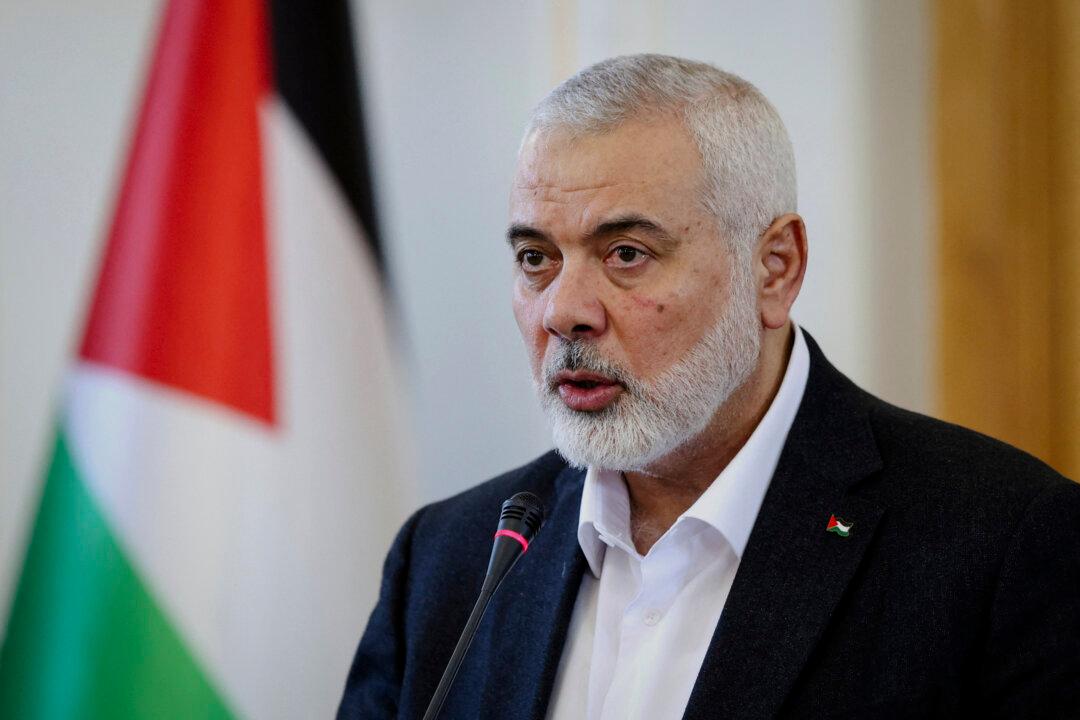The killing of two of Israel’s top enemies within hours of each other has drastically raised tensions in the region, prompting concerns of a regional escalation.
Fuad Shukr, the top military leader in Hezbollah, was killed in an airstrike on a building in Beirut’s Hezbollah-dominated southern suburbs on the evening of July 30. The Israel Defense Force (IDF) confirmed his death and took responsibility for the hit.





